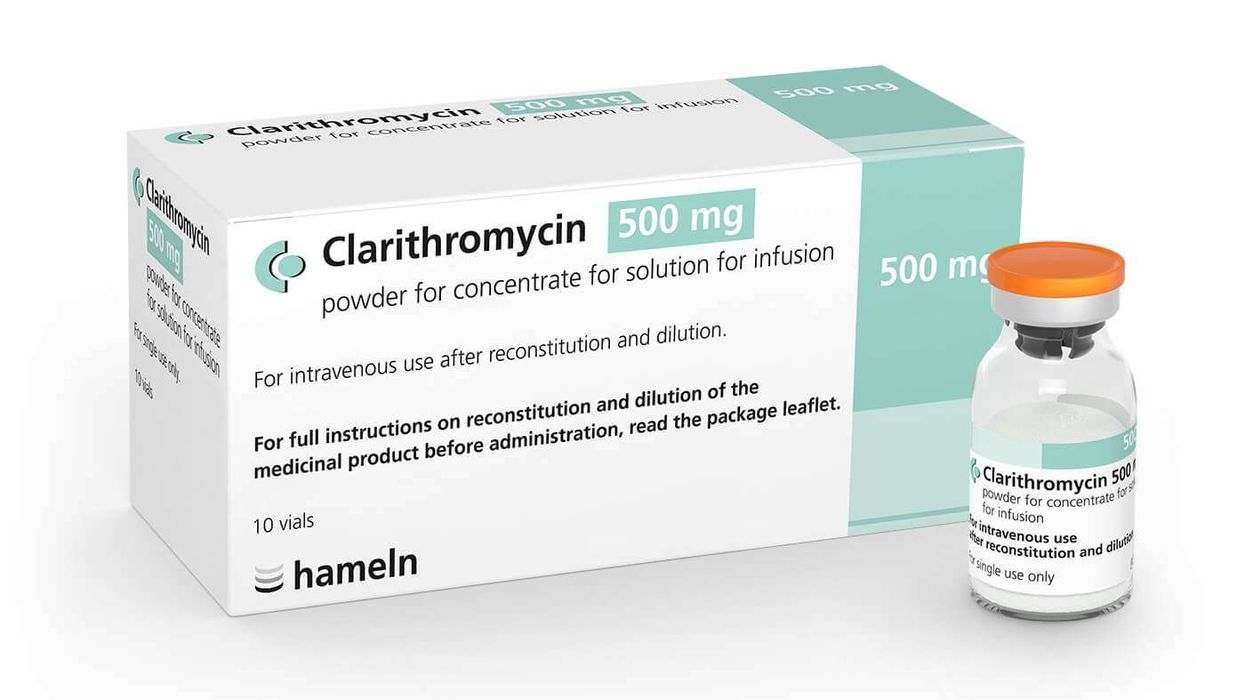Researchers have projected the rates of liver disease and associated deaths due to increased alcohol consumption during the Covid-19 pandemic.
The research has been published in the 'Hepatology Journal'.
A team led by investigators at Massachusetts General Hospital used data from a national survey of US adults on their drinking habits that found that excessive drinking (such as binge drinking) increased by 21 per cent during the Covid-19 pandemic.
The scientists simulated the drinking trajectories and liver disease trends in all US adults.
They estimated that a one-year increase in alcohol consumption during the Covid-19 pandemic will result in 8,000 additional deaths from alcohol-related liver disease, 18,700 cases of liver failure, and 1,000 cases of liver cancer by 2040. In the short term, alcohol consumption changes due to Covid-19 are expected to cause 100 additional deaths and 2,800 additional cases of liver failure by 2023.
The researchers noted that a sustained increase in alcohol consumption for more than one year could result in 19-35 per cent additional mortality.
"Our findings highlight the need for individuals and policymakers to make informed decisions to mitigate the impact of high-risk alcohol drinking during the Covid-19 pandemic in the US," said senior author Jagpreet Chhatwal, PhD, associate director of MGH's Institute for Technology Assessment and an assistant professor of radiology at Harvard Medical School.
"While we have projected the expected impact of societal drinking changes associated with the Covid-19 pandemic without any interventions, we hope that our research can help jumpstart needed conversations at every level of society about how we can respond to the many behavioural changes, coping mechanisms, and choices that have short- and long-term implications for the health of individuals, families and communities in America," added lead author Jovan Julien, MS, a data analyst at the MGH Institute for Technology Assessment and a PhD candidate at the Georgia Institute of Technology.
"The Covid-19 pandemic has had many unintended consequences with unknown long-term impact. Our modelling study provides a framework for quantifying the long-term impact of increased alcohol consumption associated with Covid-19 and initiating conversations for potential interventions," noted co-author Turgay Ayer, PhD, the George Family Foundation Early Career Professor of Systems Engineering at Georgia Institute of Technology.











